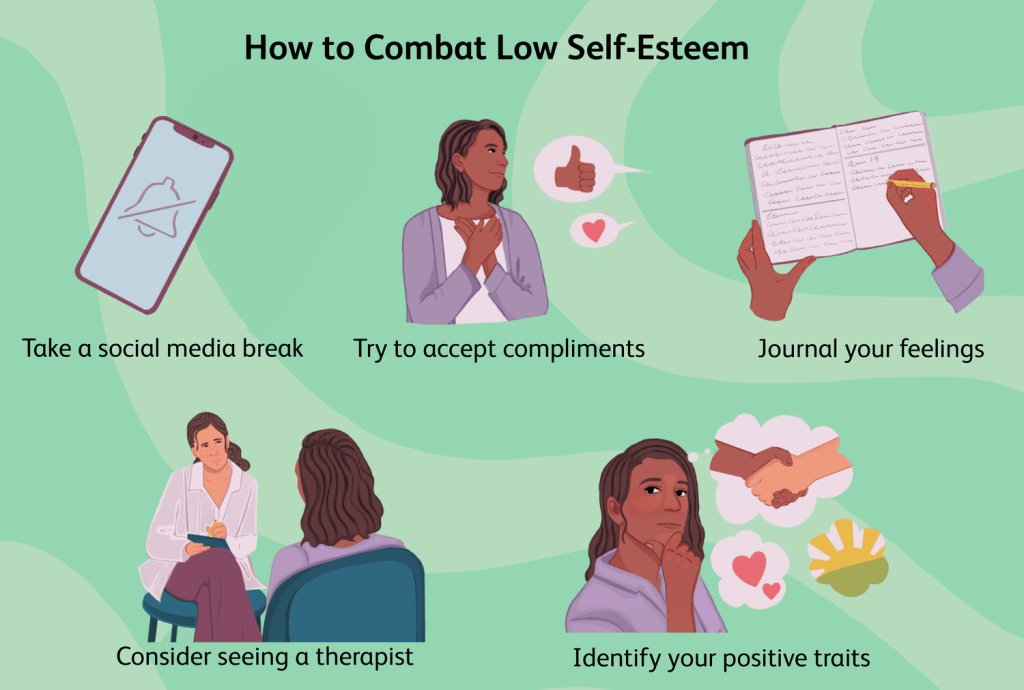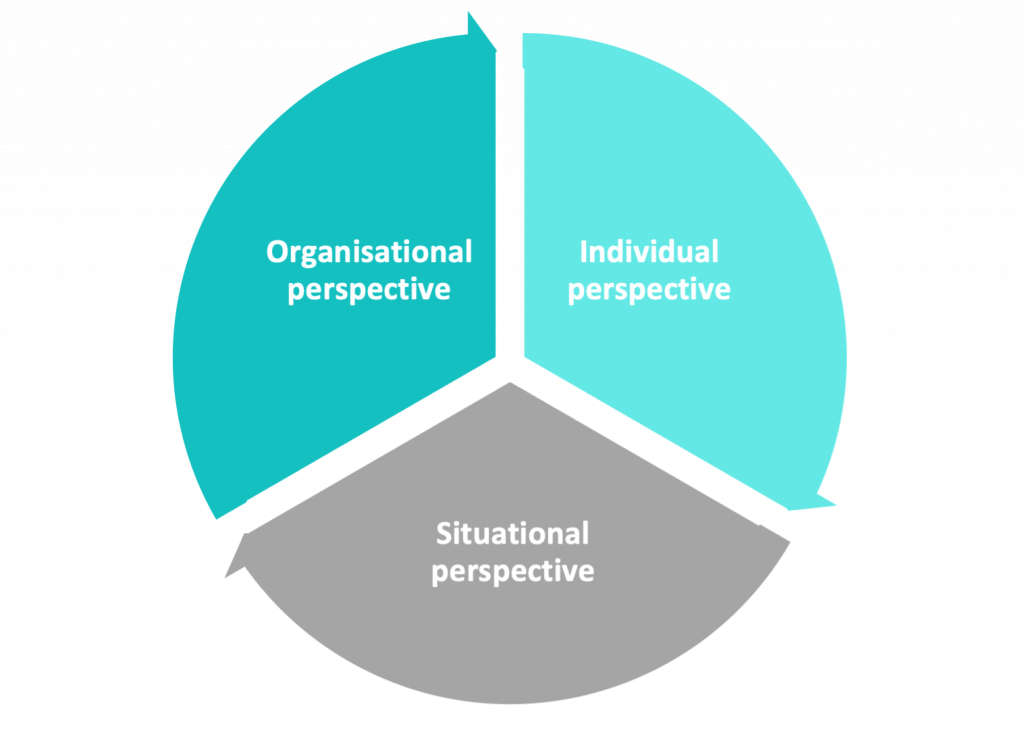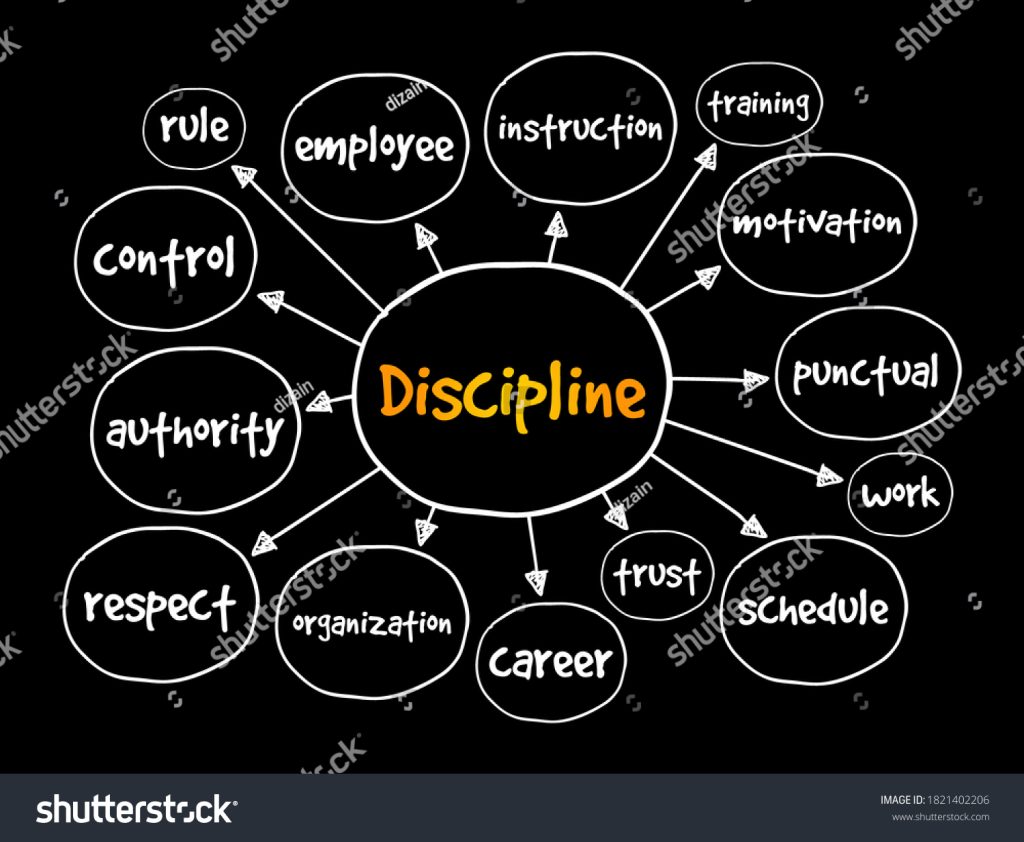Skills development refers to the process of identifying, building, and refining abilities that help individuals grow personally and professionally. This development often involves acquiring new skills or improving existing ones to perform better in various areas of life, including work, personal projects, hobbies, or daily activities.
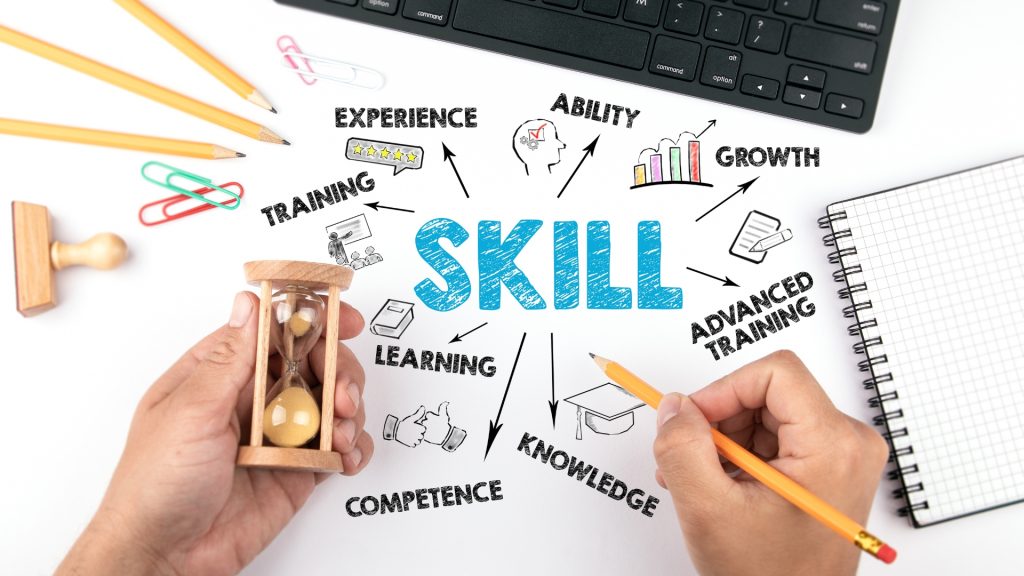
Key Aspects of Skills Development
Identification of Skill Gaps
Understanding which skills are lacking or need improvement is a crucial first step. This often involves assessing personal strengths and weaknesses, understanding industry requirements, or setting personal growth goals.
Setting Goals
Clear goals help in structuring learning. For instance, a goal might be to improve communication skills, learn a new programming language, or become better at time management.

Learning and Practice
Skills development involves both learning (acquiring knowledge through study, training, or instruction) and practice (repeatedly applying what is learned). Practice is critical as it reinforces learning and turns knowledge into usable skills.
Feedback and Improvement
Getting feedback from mentors, colleagues, or even self-assessment helps refine skills. Constructive feedback identifies areas for improvement and encourages growth.
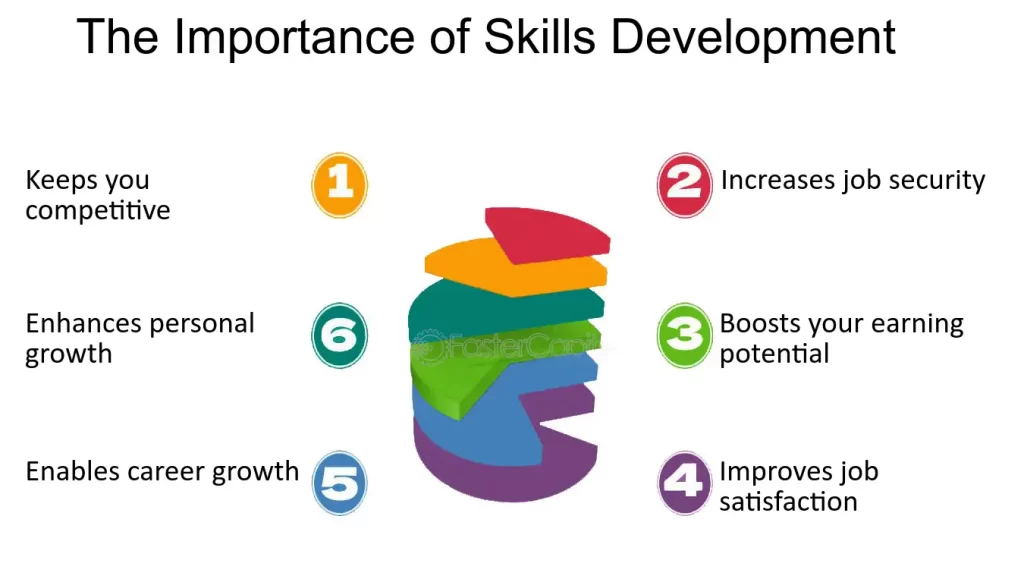
Continuous Learning
Skills development is ongoing. As technology and industries evolve, so do the skills required. Keeping up-to-date with new tools, techniques, or industry standards is essential for staying relevant.
Soft and Hard Skills
Skills can be categorized as hard skills (specific, technical abilities) or soft skills (interpersonal or social abilities). Both types are essential, as hard skills often address specific job requirements, while soft skills contribute to how effectively individuals work with others.

Methods for Skills Development
Training Programs: Formal training sessions, either in-person or online, offer structured learning paths.
Self-Learning: Books, online courses, tutorials, and videos allow self-paced learning.
Mentorship and Coaching: Experienced mentors provide guidance, advice, and feedback.
On-the-Job Practice: Practical experience through work tasks, projects, or internships helps develop skills.

Workshops and Seminars: These events provide insights into industry trends and hands-on experience.
Networking: Engaging with others in similar fields can lead to knowledge sharing and learning opportunities.
Skills development is crucial for personal growth and adapting to changes in one’s career or industry, and it can be tailored to specific needs and goals for the best results.
https://www.linkedin.com/in/satish-kakri-17224417/
https://nimblefoundation.org/our-clients.html
Thanks for reading.
